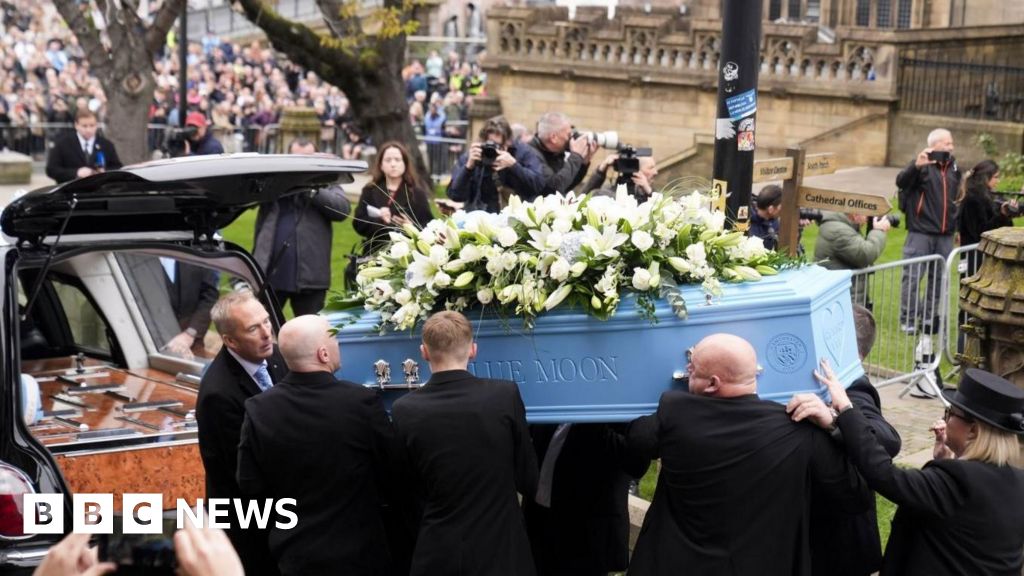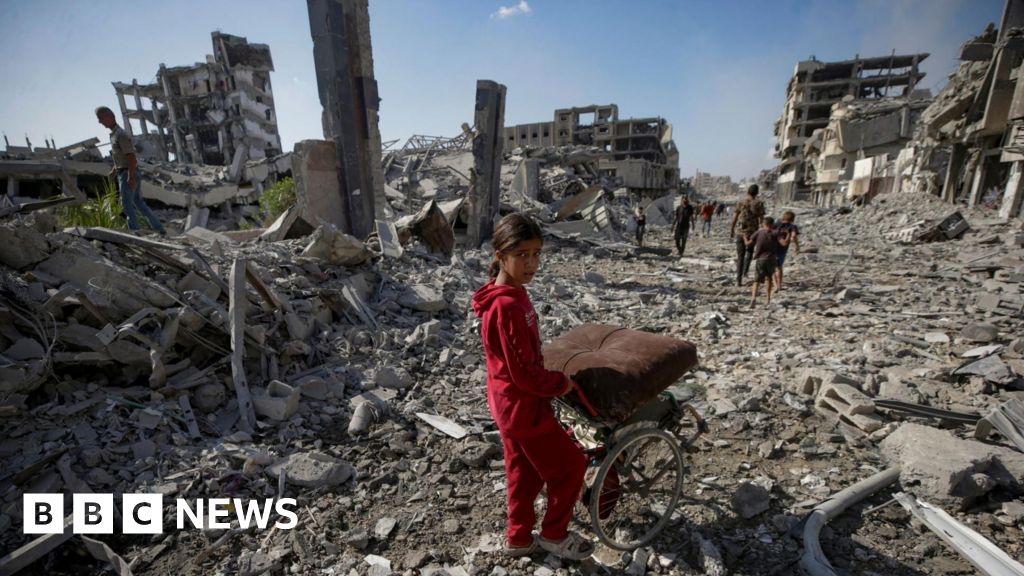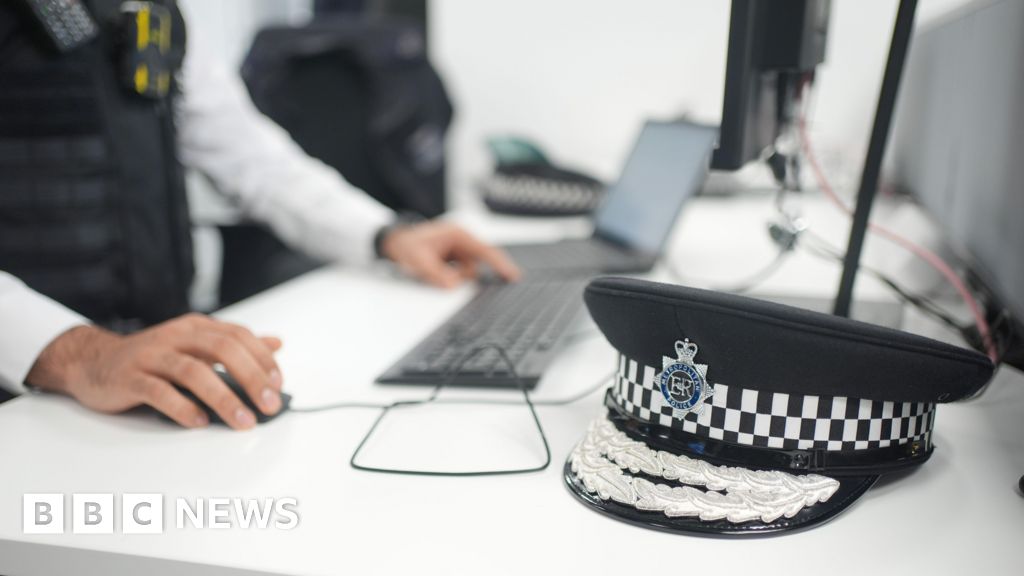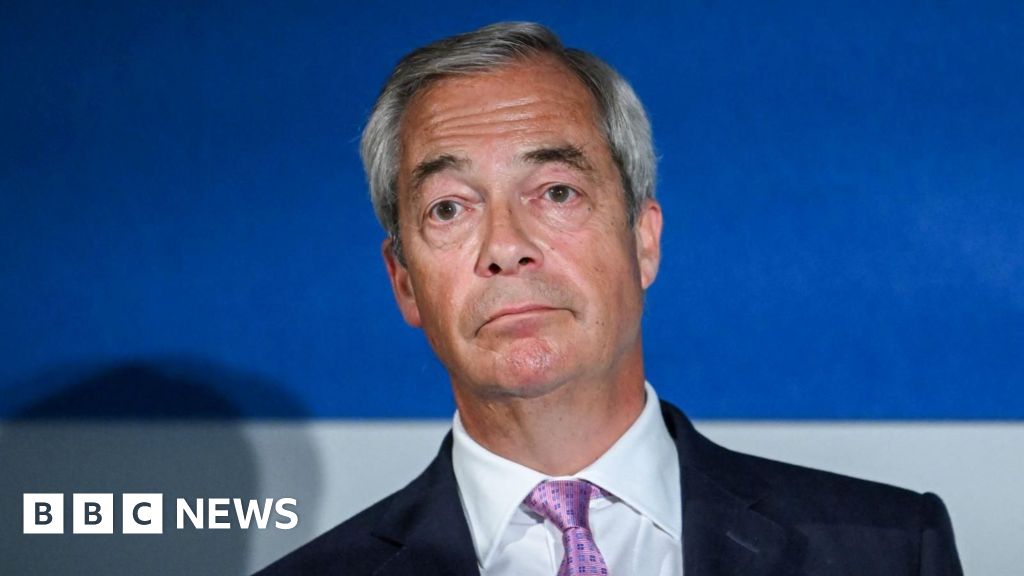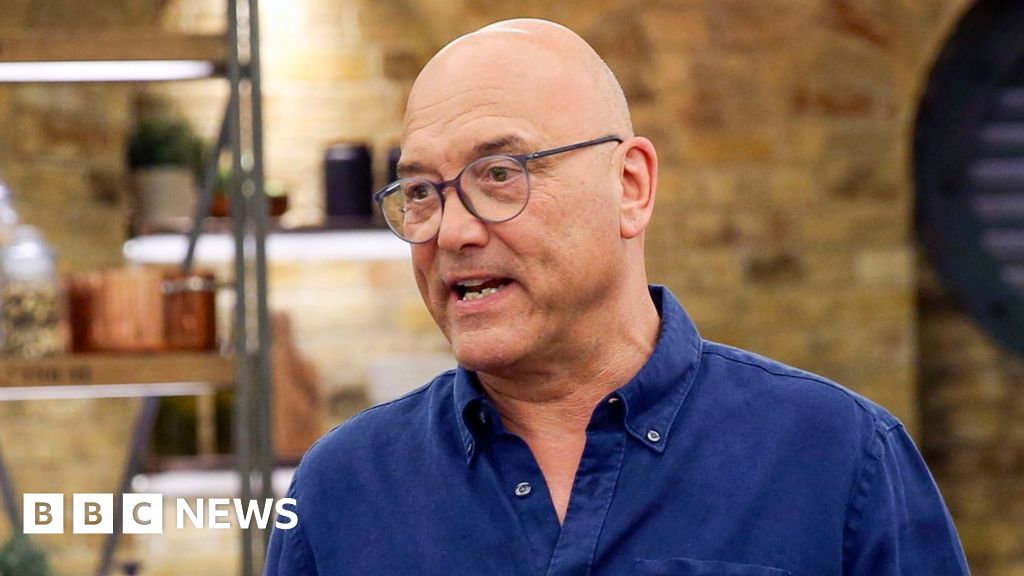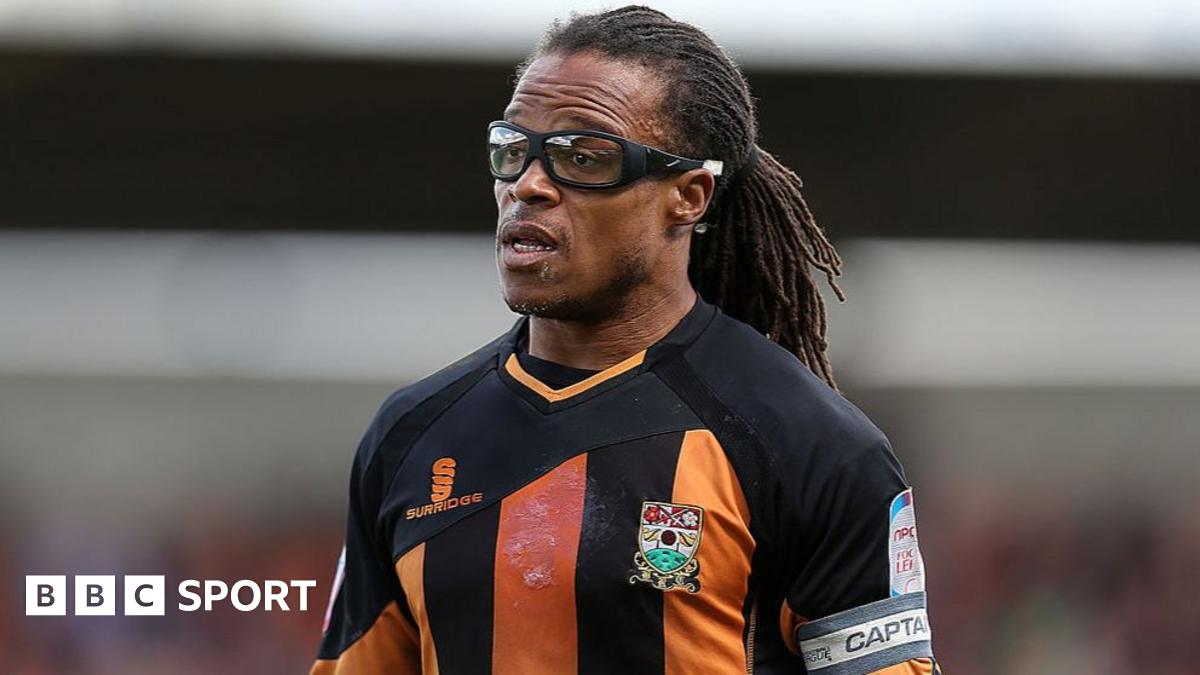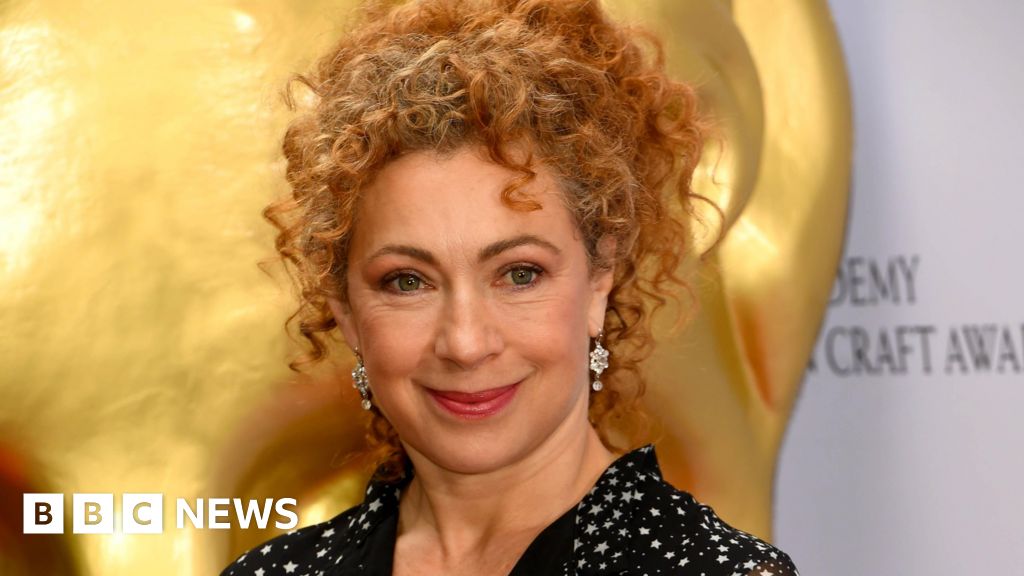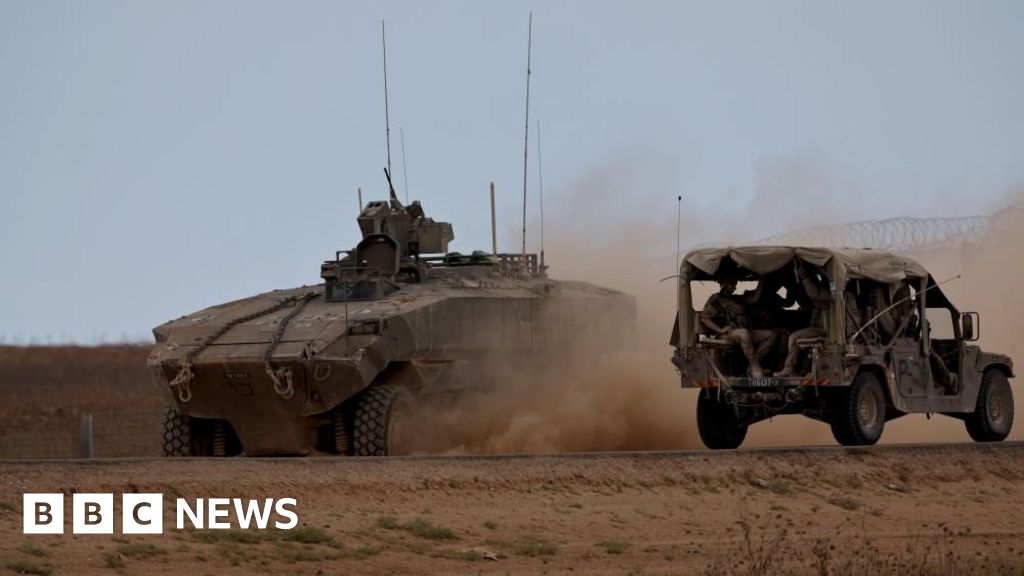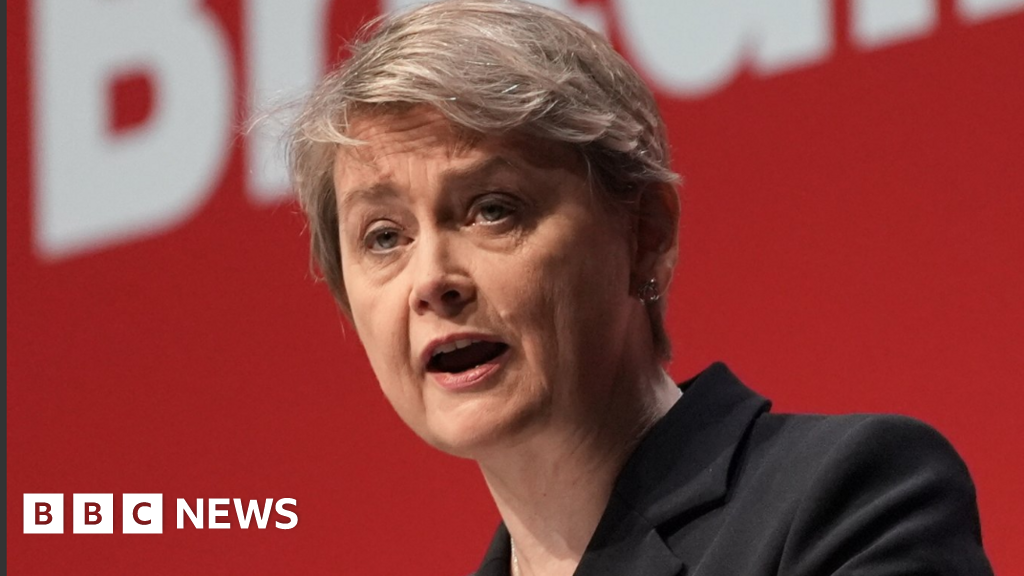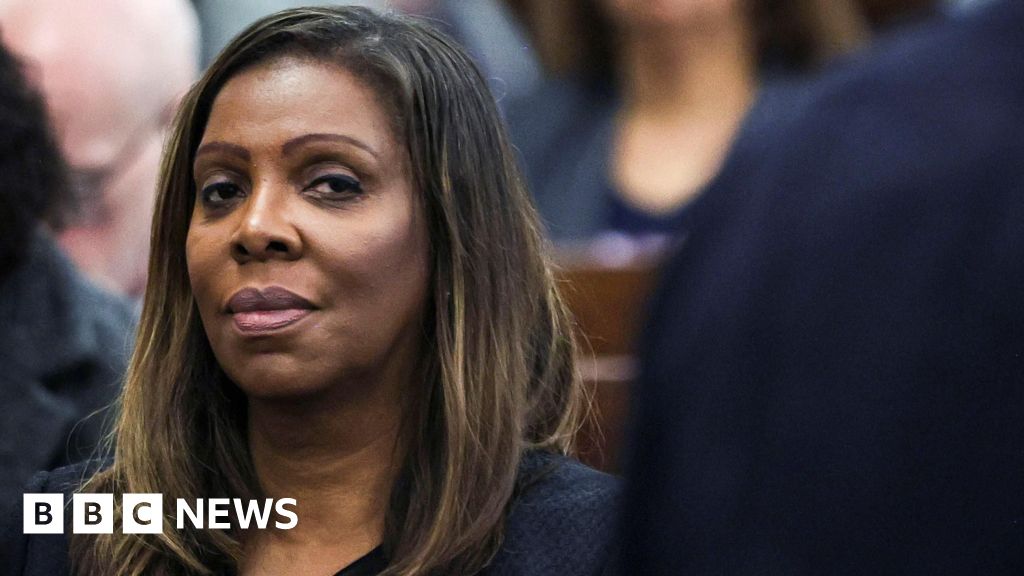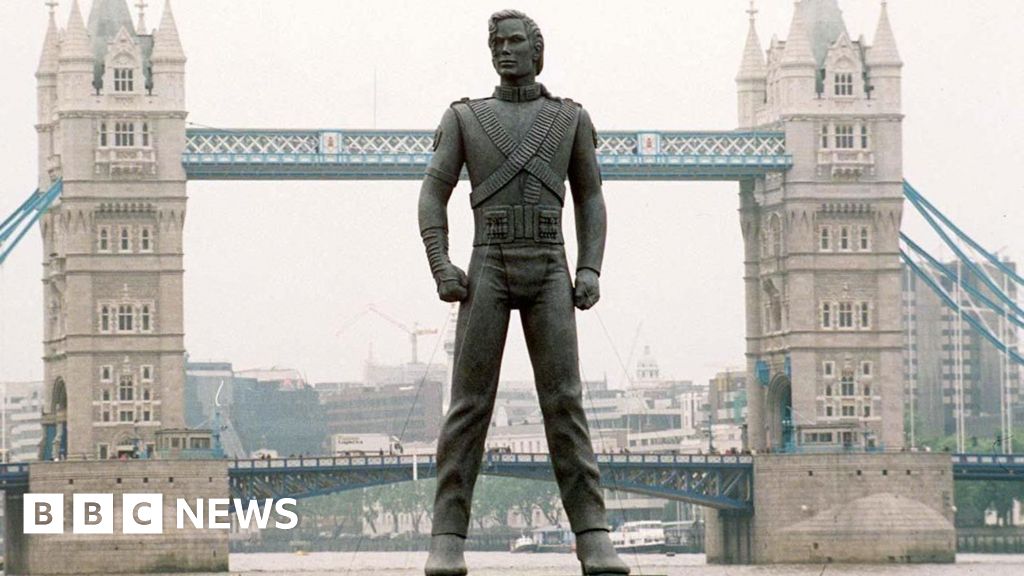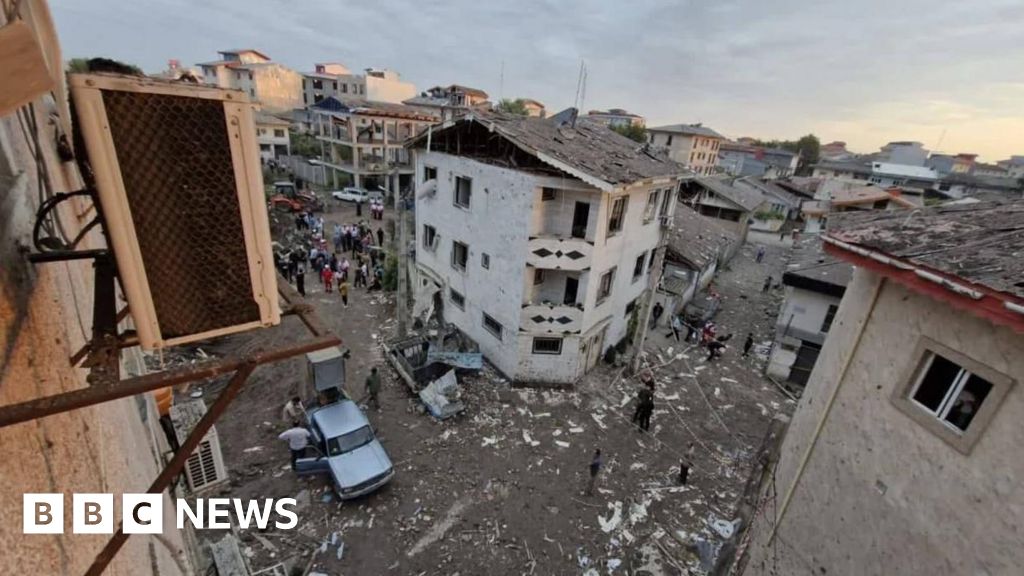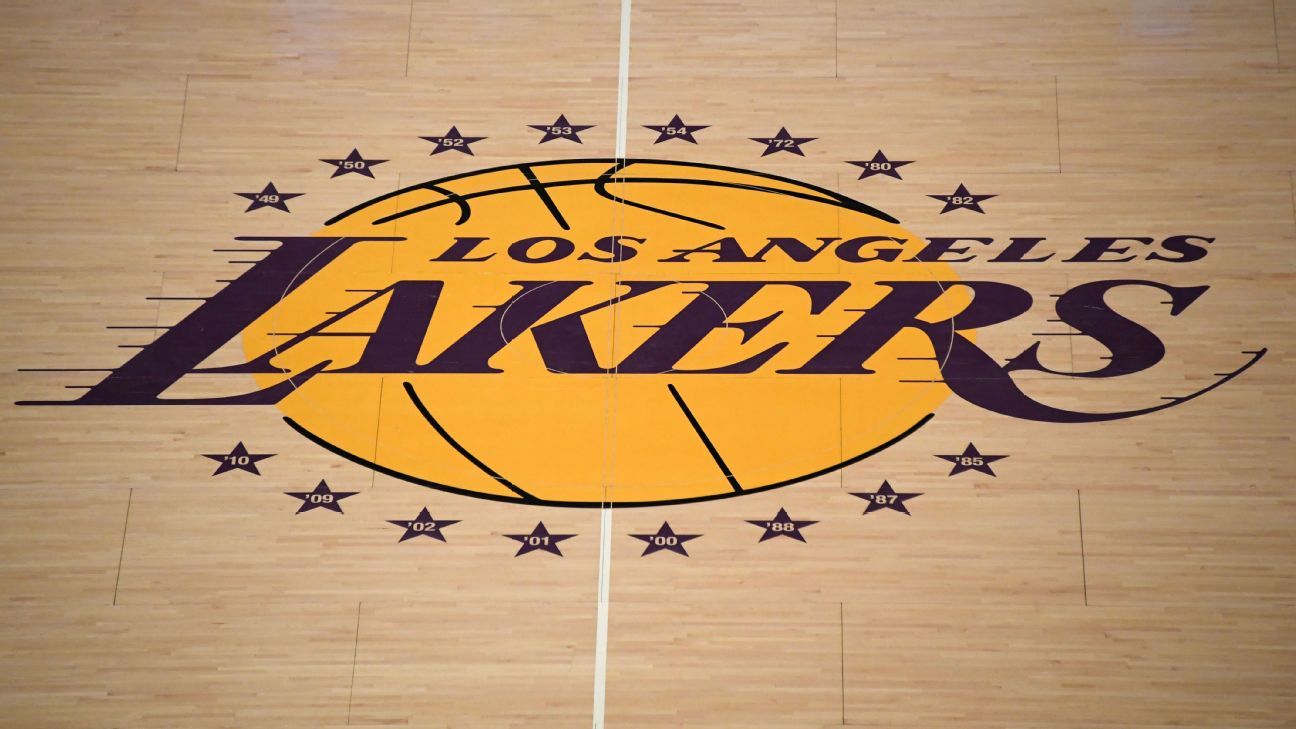Emily Atkinson & Anna Lamche
BBC News

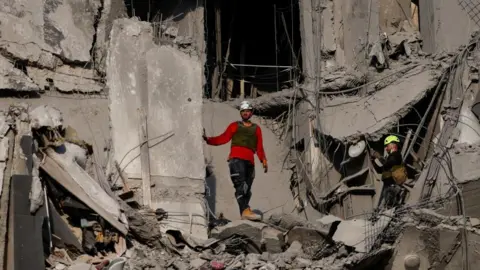 Reuters
Reuters
Israel has accused Iran of violating a ceasefire, hours after agreeing to a deal brokered by Donald Trump and Qatar.
Defence Minister Israel Katz said Israel's military would "respond forcefully to Iran's violation of the ceasefire" with "powerful strikes" on Tehran.
Iran has denied firing any missiles towards Israel and the country's top security body has vowed to respond to any further Israeli aggression.
Here's what we know so far.
When did the ceasefire take effect?
Just after 05:00 GMT on Tuesday, Trump announced that the ceasefire had taken effect.
"Please do not violate it!" he urged both sides in a post on his Truth Social platform.
The Israeli government said it had agreed to the US ceasefire proposal just after 06:00 GMT on Tuesday, after Iran indicated that it would stop attacking if Israel did the same.
However, hours later, Israel accused Iran of launching further attacks on its territory.
Trump first said that a truce had been "fully agreed" in a post shortly after 22:00 GMT on Monday, which he said would bring an end to what he called "the 12 day war".
It came after Iran launched missiles at a US base in Qatar on Monday, in what it said was a retaliation for American strikes against its nuclear sites over the weekend.
How have Iran and Israel responded?
Two hours after Israel said it had agreed to the truce, the Israel Defense Forces (IDF) said it had identified missiles launched from Iran.
Katz accused Iran of a "complete violation" of the terms, adding that he had instructed the military to "continue the intense activity of attacking Tehran to thwart regime targets and terrorist infrastructures".
Later on Tuesday, the head of Iran's General Staff of the Armed Forces, Abdolrahim Mousavi, denied firing missiles.
In a statement, Iran's Supreme National Security Council also said any further Israeli attacks would be "met with a decisive, firm, and timely response by Iran".
Has the ceasefire been broken?
The Israeli military accused Iran of launching missiles toward its territory after the truce came into force on Tuesday, which Iran has denied.
Before the truce began, Iran and Israel exchanged heavy fire.
The IDF said several rounds of strikes hit the country on Monday night into Tuesday. Rescue workers said four people were killed and 22 injured in the town of Beersheba.
At the time, Iranian state media said Iran had launched "a last round of missiles" against Israel.
Overnight, Iranian state TV reported that the capital, Tehran, endured some of its most intense air defence clashes since the war broke out on 13 June, and residents told BBC Persian they heard loud explosions.
The IDF said it struck and destroyed missile launchers in western Iran that it said were "ready to be fired at Israeli territory".
Tehran said another nuclear scientist was killed before the agreement took force. It remains unclear how many have been killed or injured in the country since the conflict began.

 3 months ago
87
3 months ago
87
